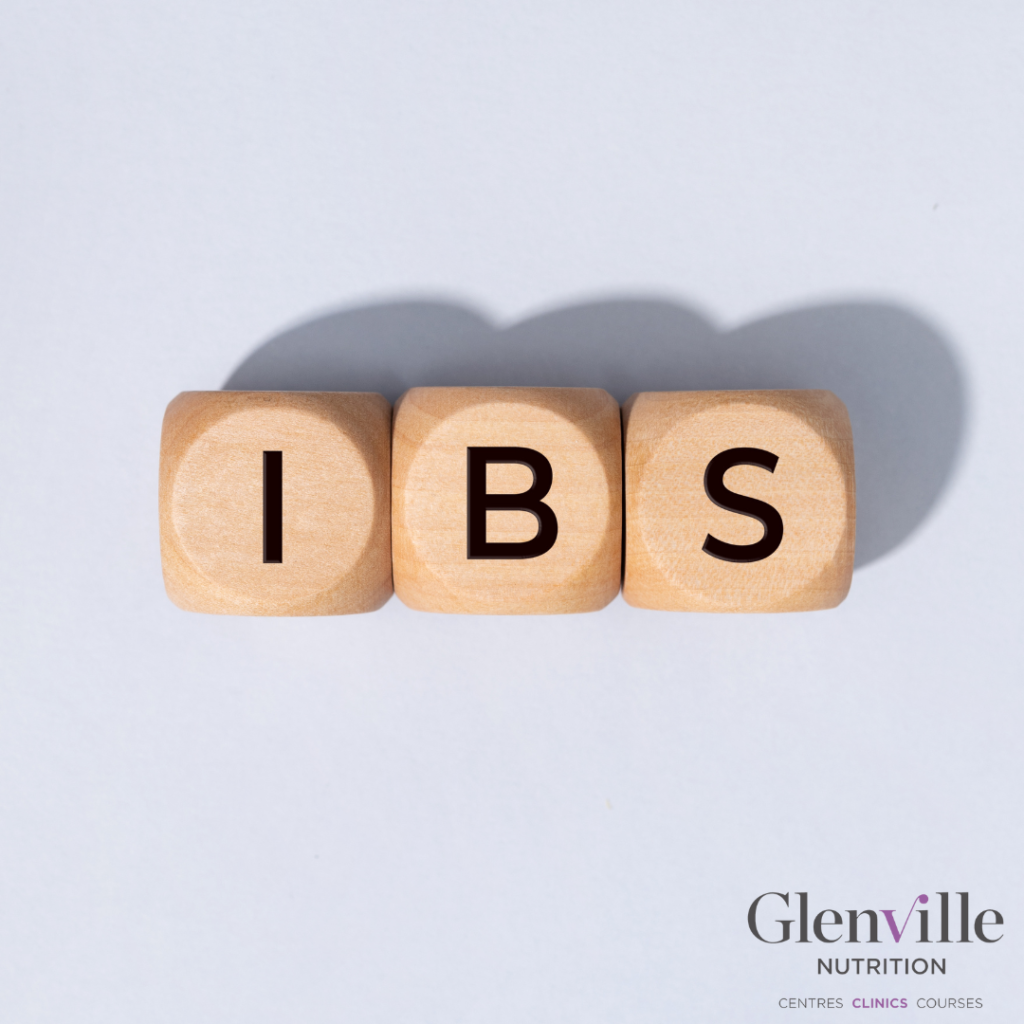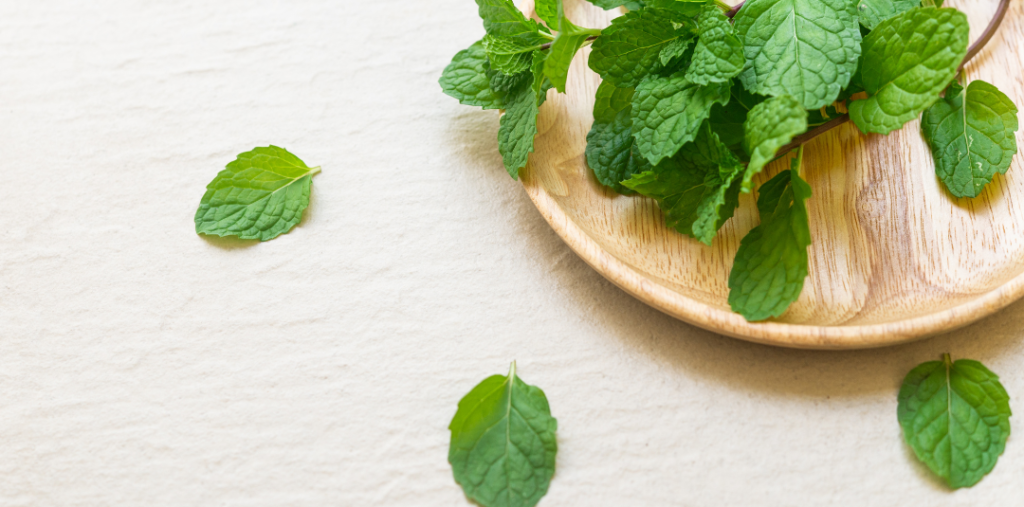IBS is often called a ‘Cinderella illness’ because nobody pays any attention to it. Yet it affects the lives of 1 in 5 people with women being most commonly affected. It is not only a major problem for those of you who suffer from it but it is also ranks as high as the common cold for people needing days off work to cope with it.
More women than men are diagnosed. There isn’t enough research for a definitive answer as to why this is the case but it may be that women seek out a diagnosis sooner than men or that the effect of the female hormones is having an exacerbating effect on the IBS symptoms.
Irritable Bowel Syndrome (IBS) is an interesting condition because there is no test, scan or procedure that can say you have it. IBS is a ‘diagnosis of exclusion’ meaning that other problems like Crohn’s or ulcerative colitis (or other digestive problems) are ruled out first and so eventually you are left with the diagnosis of IBS.
What causes IBS?
Stress can be an underlying cause of IBS or it can be triggered by a gastrointestinal infection or food poisoning as research shows that you are twice as likely to develop IBS after having an attack of gastroenteritis. And we now are travelling much more and further afield to more ‘exotic’ locations where the food hygiene may be very different from ours.
Research shows that taking a course of antibiotics can increase the risk of developing IBS by more than three times and again antibiotic use has increased over time.
Sensitivity or allergies to certain foods have also been suggested as being the trigger for IBS and our food has changed completely over the generations with more prepared and processed foods, more fast foods with additives, preservatives, artificial colours and sweeteners.
And for women there may be an interaction between the bowels and the female hormones because IBS symptoms can get worse during menstruation.
The rise in IBS over the last few years relates to the theories around what causes IBS and one of these theories is that a stressful event such as divorce, accident or bereavement can trigger the onset of IBS and we are living in much more stressful times, especially during these last few years of uncertainty and anxiety.
Symptoms of IBS
Not everyone gets the same symptoms, but the most common ones include:
- Abdominal discomfort/pain/cramps or spasms
- Diarrhoea
- Constipation
- Alternating constipation or diarrhoea
- Bloating
- Gas/flatulence and rumbling noises in the intestines
- Heartburn or indigestion
- Nausea
- Relief on passing stools
- Frequent toilet visits – both for passing urine and well as bowel motions
- Tiredness and lethargy
- Headaches
- Sleep problems
- Back pain
- Period pains
- PMS
- Pain during intercourse for women
Keep a food diary
First have a look at what you are eating. Keep a food and symptom diary so that you can detect any pattern to your symptoms. You want to keep an eye out for foods that trigger symptoms, but you may also discover that there are certain times of the day which are worse, maybe when you are tired or that your symptoms are linked to regularly stressful aspects of your week.
The diet now suggested for IBS is the FODMAP diet which originated in Australia and involves restricting certain foods that are highly fermentable in the large intestines. This is aiming to reduce many digestive symptoms including bloating, flatulence, cramping and diarrhoea i.e. those often associated with IBS.
The FODMAP diet means restricting the intake of
F – Fermentable
O – oligo-saccharides (galacto-oligosaccharides and fructans) e.g. lentils, chickpeas, kidney beans, broccoli, and wheat
D -Disaccharides (lactose) e.g. milk, yogurt, soft cheeses
M – Monosaccharides (fructose) e.g. apples, pears, honey, fruit juices
A – and
P – Polyols (sorbitol and mannitol) e.g. xylitol, stone fruits
Natural remedies for IBS
A good combination of herbs can be helpful for IBS sufferers including peppermint oil, marshmallow, slippery elm, ginger, chamomile, artichoke, fennel, turmeric and liquorice. I use NHP’s IB Support in my clinic.
Ginger
It has a number of benefits for IBS in that it can help to prevent indigestion, gas and bloating. Ginger also acts as an anti-spasmodic and it relaxes and soothes your intestinal tract. It is also known to reduce anxiety which for some people can worsen gastrointestinal symptoms.
Slippery Elm
It helps calm and soothe the digestive tract by coating the lining of the intestines to reduce irritation and to calm the inflamed mucous membranes in the intestines. Slippery elm has this calming and soothing effect because it contains mucilage which becomes a gel when combined with water.
Slippery elm is good for both constipation and diarrhoea as it can add bulk to stools if you have diarrhoea and to soften the stools if you are constipated.
Marshmallow
Like slippery elm, marshmallow contains mucilage which can reduce irritation in the digestive system and can form a protective coating over irritated and inflamed intestinal mucosal membranes so it is good for all the symptoms associated with IBS.
Liquorice
It can help to heal the irritated surfaces of your intestines and also has an anti-spasmodic effect so lessening abdominal cramps. Licorice has been shown to help with IBS especially when combined with slippery elm.
Chamomile
It can reduce spasms and control ‘nervous’ reactions in the gut making it less sensitive to food and other triggers. It also has an anti-inflammatory effect and can improve peristalsis (the muscular movement of the stool through your intestines).
Fennel
It helps prevent and relieve flatulence, as well as soothing the digestive tract and reducing cramps and spasms.
Peppermint
This herb has had the most research in terms of its effectiveness for reducing IBS symptoms. It can eliminate or reduce spasms, bloating, trapped wind, constipation and diarrhoea.
Turmeric
It has significant anti-inflammatory effects throughout your body and has been shown to help 66% of sufferers relieve the symptoms of IBS.
Artichoke
Has been shown to reduce the symptoms of IBS by over 25%. People using the extract showed a significant shift away from bowel movements which were alternating constipation/diarrhoea to a more normal pattern.
Research has also been mounting over the years to suggest that probiotics can be extremely beneficial in helping with IBS. Scientists think that probiotics work for IBS because they are now suggesting that IBS could be caused by an imbalance in bacteria within the gut, the effects of having a gastrointestinal infection, having a small intestinal bacterial overgrowth or an overactive immune function in the gut and probiotics can help with all these possible causes.
Lifestyle Recommendations
Of course, it is vital to look at the physical causes of IBS and to address these using diet and supplements, but it is also important to look at the psychological side too. Your mind and body are very much interconnected and this is particularly the case when it comes to the digestive system, as it is so sensitive and responsive to feelings and emotions.
Scientists talk about us having two ‘brains’, one located in your head and the other in your gut where you have a nervous system (called the enteric nervous system) located in the sheaths of tissue lining the oesophagus (food tube), stomach, small intestines, and colon. Did you know you have more nerve cells in the gut than in the spinal cord. This nervous system in the digestive system responds to emotions and stress in the same way as the brain and its tissue is filled with same neurotransmitters found in the brain. Scientists talk about the ‘brain-gut axis’ because it is like there is a direct line between the two and the messages can go either way, brain to gut or gut to brain.
The way you think and feel can upset your gut but it also means that how your gut reacts to things can also affect how you think and feel. The best approach, therefore, is to tackle this from both sides at the same time.
Chew Well
The first part of digestion happens in your mouth and how well the rest of the journey goes that follows depends on what happens in your mouth The digestive enzyme amylase which is present in your saliva helps to break down carbohydrates so if these are broken down more efficiently in your mouth, when you chew your food, you are going to get less fermentation lower down in your digestive tract. It’s important, therefore, that you chew your foods well.
Embrace the concept of ‘mindful eating’, that is take your time when you eat and savour the flavours and textures of your food. Try to avoid unconscious eating, where you are concentrating on something else rather than the food. A good example of this is eating in the cinema, where you can get through quite a lot of food and drink and not even really be aware of it, as you mechanically pop food into your mouth while you stare at the screen.
Also, try not to gulp mouthfuls of air, so avoid speaking with food in your mouth full, as that can cause belching. Lastly, don’t drink with food. You do not want to dilute those important enzymes in your saliva, so allow 30 minutes before or after a meal before you drink.
To book an appointment to discuss your sysmptons and how we can assist in reaching your health goals, please click here.
For more information on IBS read here or for more information on the recommended Digestive Test, click here.


